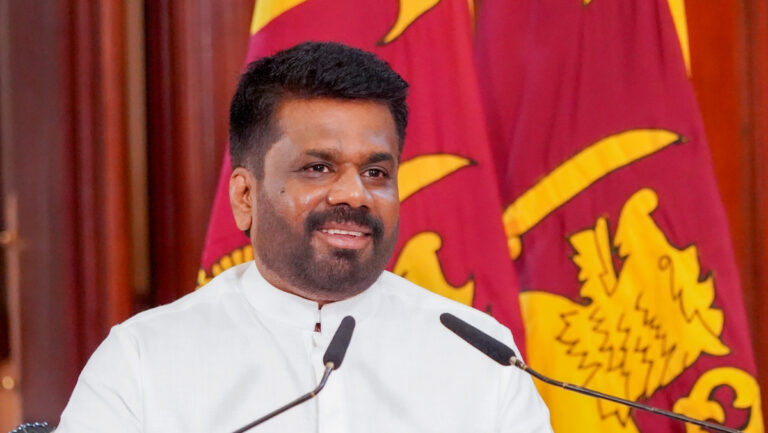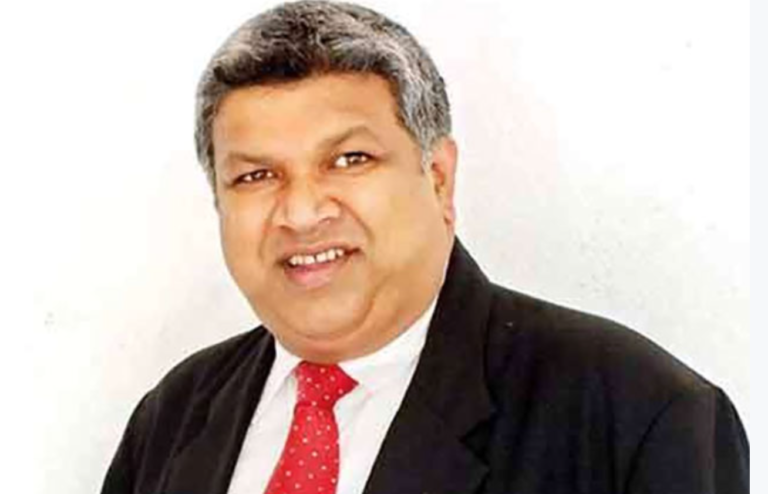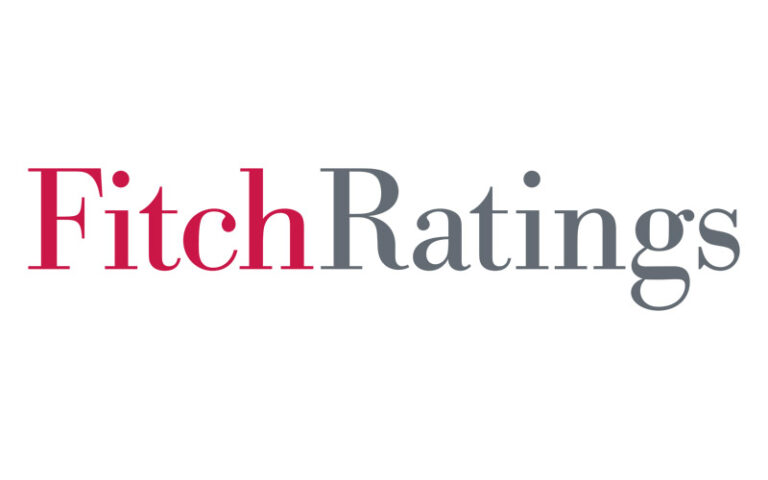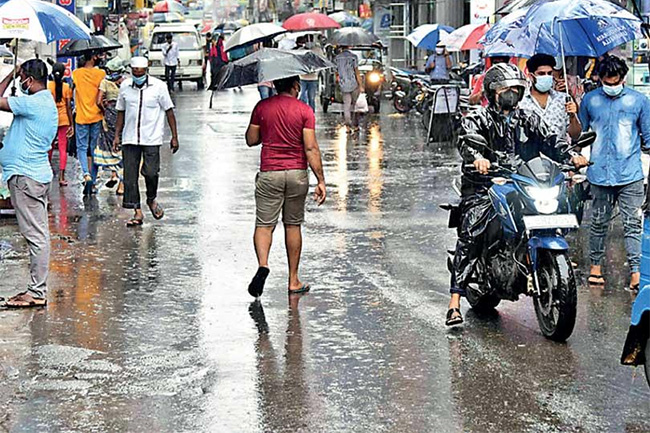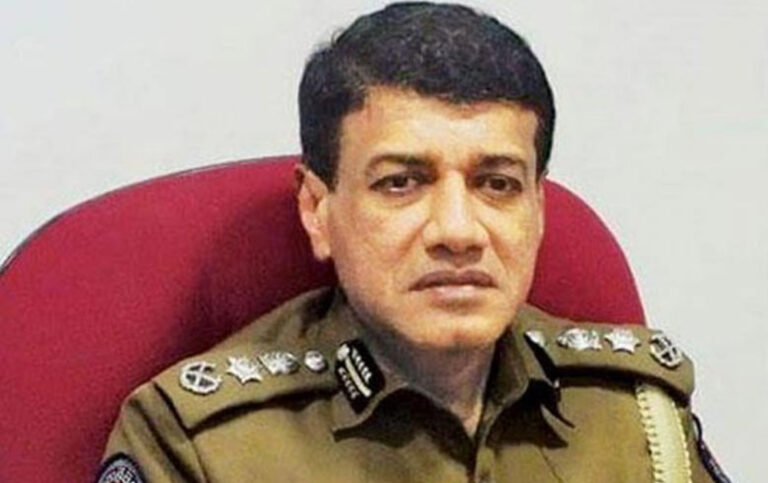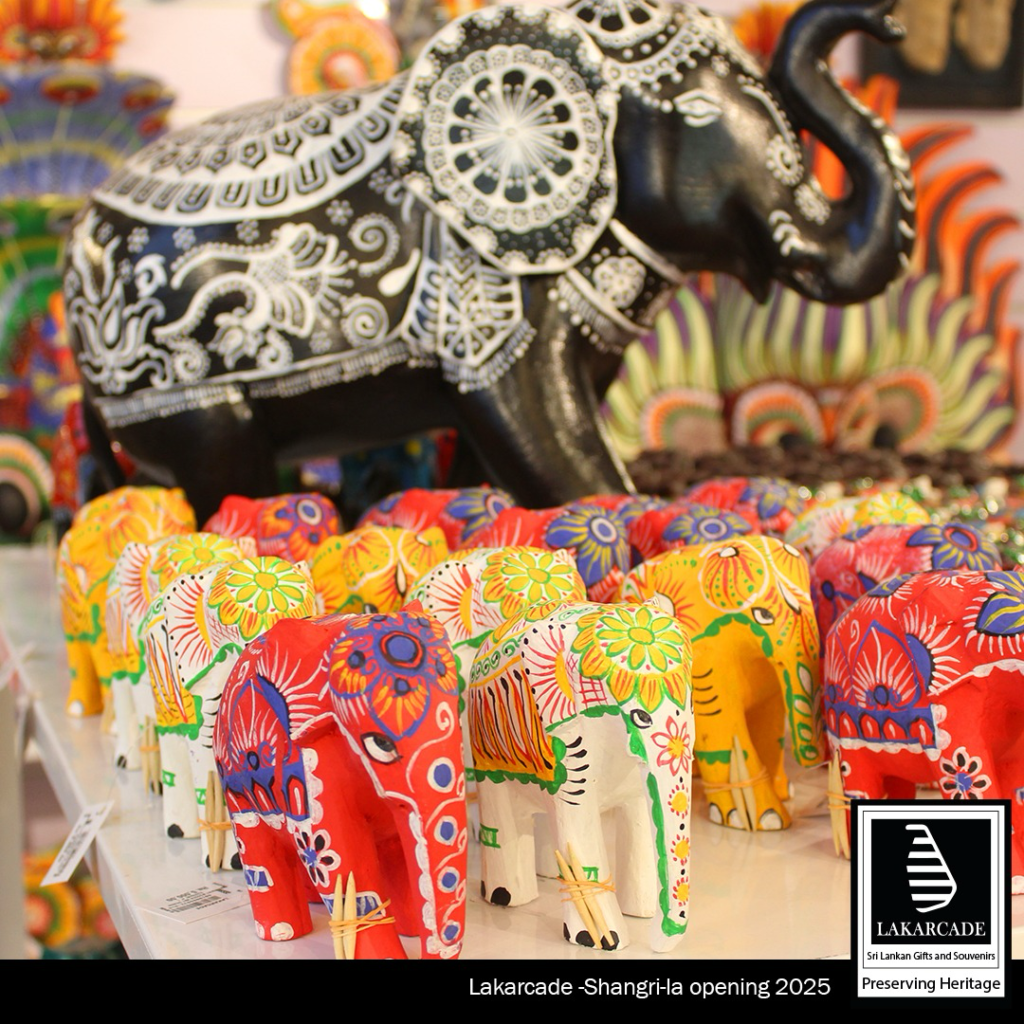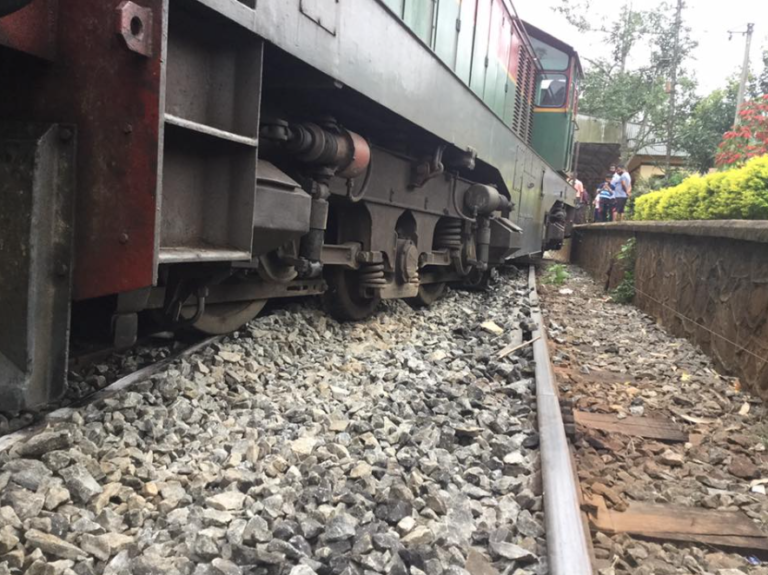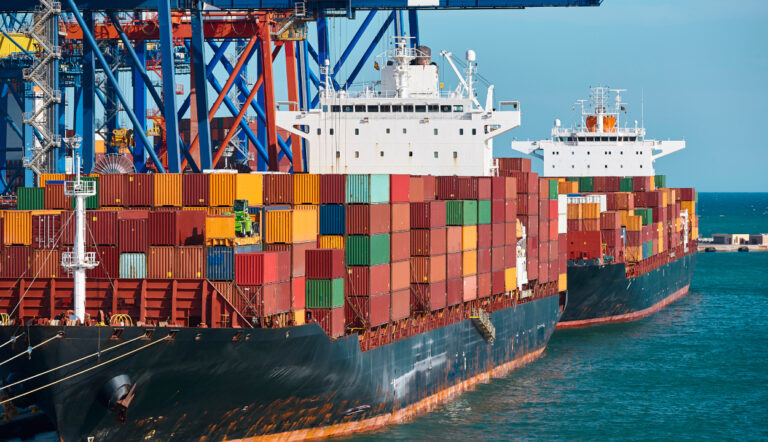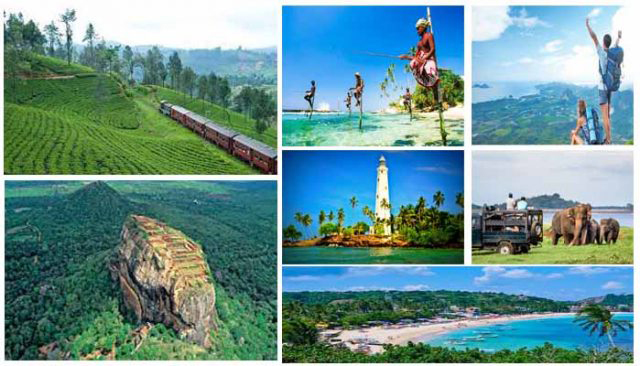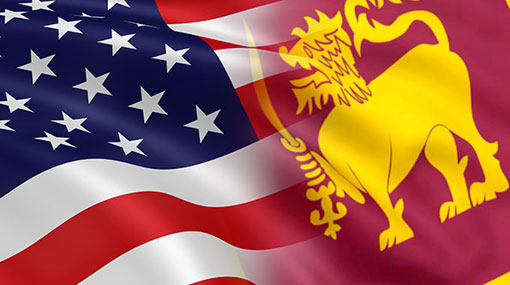As global trade dynamics shift, Sri Lanka remains vigilant about potential economic consequences stemming from the second-term policies of U.S. President Donald Trump. With Washington signaling a move toward stricter trade reciprocity, emerging markets, including Sri Lanka, are assessing both risks and opportunities.
While some Sri Lankan exporters see potential benefits, concerns linger over possible disruptions in key industries such as apparel and manufacturing. The government and financial institutions are closely monitoring developments to adapt to potential changes in trade patterns and commodity prices.
The Central Bank of Sri Lanka is actively tracking major policy shifts in the U.S., particularly the possibility of increased tariffs, but does not anticipate any severe economic setbacks, a senior official stated.
President Trump has announced plans to impose reciprocal tariffs on countries that charge higher duties on U.S. imports, raising fears of an escalating global trade war and the potential for rising inflation in the U.S.
In response, the European Commission has warned that it would take immediate and firm action against such tariff increases, labeling them as unjustified and counterproductive, according to international reports.
S. Jegajeevan, Director of the Central Bank’s Economic Research Department, told reporters on Friday (14) that Sri Lanka is closely observing these developments. “There are both positives and negatives to consider. Some of our major exporters, particularly in the apparel sector, are optimistic about potential outcomes,” she noted. However, she emphasized that it is still too early to make a definitive assessment of the impact on Sri Lanka’s economy.
Jegajeevan pointed to two main channels through which these policies could affect Sri Lanka. Firstly, external demand for Sri Lankan exports may fluctuate, though a major downside impact is not expected. Secondly, changes in global commodity prices—especially oil—could play a role. She suggested that an increase in U.S. oil production might help stabilize or reduce global oil prices in the medium term, offering a potential economic benefit to Sri Lanka.
Potential Direct Impacts on Sri Lanka
Another key concern is the effect of U.S. trade policies on inflation. If tariff hikes lead to persistent inflation in the U.S., the Federal Reserve could slow down its policy normalization process, which in turn could have direct economic implications for Sri Lanka.
If President Trump enforces a reciprocal trade policy, Sri Lanka’s export sector—particularly its apparel and rubber industries—could face serious consequences. The U.S. is Sri Lanka’s largest export market, accounting for around 25% of total exports.
Should tariffs make Sri Lankan products more expensive and less competitive, it could reduce demand, impact manufacturers, and lead to potential job losses, particularly in the garment industry, which makes up nearly 40% of Sri Lanka’s total exports.
On the import side, Sri Lanka sources several essential goods from the U.S., including machinery, medical equipment, and agricultural products. If Sri Lanka retaliates with higher tariffs on American imports, local businesses and consumers could see rising costs, worsening existing inflationary pressures. Given the country’s ongoing foreign exchange crisis, any additional cost burdens on essential imports could hinder economic recovery efforts and weaken industrial competitiveness.
Shifting Economic Alliances
With potential disruptions in U.S.-Sri Lanka trade relations, analysts predict that Sri Lanka may need to strengthen economic ties with China and India to offset losses from the American market. In the long term, a shift in trade alignment could push Sri Lanka closer to China, altering its foreign policy stance and economic dependencies.
As global trade policies evolve, Sri Lanka must remain adaptable to safeguard its economic stability. While uncertainties remain, proactive strategies will be essential to mitigate potential risks and capitalize on new opportunities in the shifting geopolitical landscape.

